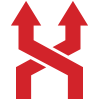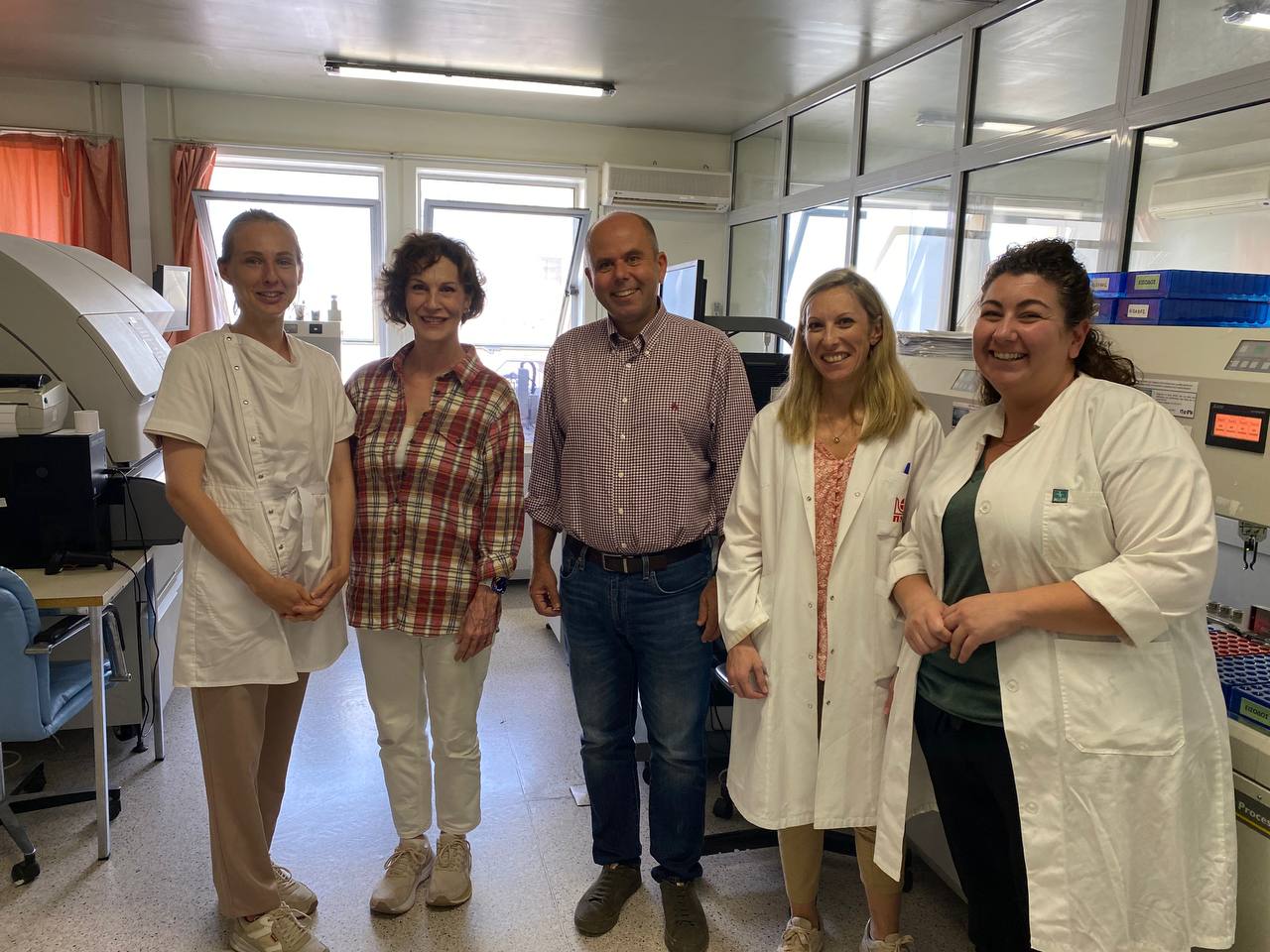EFLM LabX report
By Ksenia Fomichenko, Russia
My name is Ksenia, I am a medical laboratory scientist from Russia. My visit to the Clinical Chemistry-Biochemistry Laboratory, University General Hospital of Heraklion under the EFLM-LabX exchange program ended a few weeks ago.
I applied to participate in the program in May, and already in October Professor Tsatsanis was waiting for me at the Clinical Chemistry-Biochemistry Laboratory. Thanks to the financial support from EFLM, I was able to get this invaluable experience and plunge into my favorite job, but in a different country.
I got acquainted with the details of the laboratory work, new equipment and methods, and saw the differences in the healthcare system between our countries. The most valuable part of this training is the people I had the opportunity to work with. From the first day, I was surrounded by professionals who shared their knowledge and experience with me.
Professor Tsatsanidis provided assistance and support at every step, from discussing my training to my leave. I spent most of the time in the Clinical Chemistry-Biochemistry Laboratory, but thanks to Prof. Tsatsanis, I was able to visit other laboratories in the hospital.
I spent some time in the Hematology Laboratory, where except for routine tests, I participated in a platelet aggregation test. With a doctor from the Hematology lab, who was my mentor that day, we discussed all aspects of this analysis, from patient preparation to curve interpretation. In the Immunology laboratory, I learned a lot about chemiluminescence assay. I could evaluate patient samples compared with positive controls under doctor's guidance, and realized how complex this assay can be.
The team of the Clinical Chemistry-Biochemistry Laboratory is very friendly and professional. Head of Laboratory Niki Malliaraki shared her experience in laboratory management, change management and some work's organization moments. Valia Anagnostopoulou and Eleftheria Fragiadouli told me about the nuances of result validation in their laboratory, calibration, quality control and generally answered a large number of my questions linked with laboratory’s work and the responsibilities of specialists. Also I managed to improve my sperm analysis skills. The doctor from the Clinical Chemistry-Biochemistry Laboratory shared the tricks, nuances and features of sperm analysis, which was very valuable. The team of laboratory technicians is big and friendly. Despite the amount of workload it is felt that everyone is passionate about their job.
Thanks to the training and all these people I have learned not only new methods and equipment but also improved my medical English and soft-skills. I am sure all the knowledge gained from the training have helped me become more competent in my field.
On the last day of the EFLM-LabX exchange program, I was sad that laboratory training and my time in Greece finished, but on the other hand, I was grateful for everything I had known during this time.
My name is Ksenia, I am a medical laboratory scientist from Russia. My visit to the Clinical Chemistry-Biochemistry Laboratory, University General Hospital of Heraklion under the EFLM-LabX exchange program ended a few weeks ago.
I applied to participate in the program in May, and already in October Professor Tsatsanis was waiting for me at the Clinical Chemistry-Biochemistry Laboratory. Thanks to the financial support from EFLM, I was able to get this invaluable experience and plunge into my favorite job, but in a different country.
I got acquainted with the details of the laboratory work, new equipment and methods, and saw the differences in the healthcare system between our countries. The most valuable part of this training is the people I had the opportunity to work with. From the first day, I was surrounded by professionals who shared their knowledge and experience with me.
Professor Tsatsanidis provided assistance and support at every step, from discussing my training to my leave. I spent most of the time in the Clinical Chemistry-Biochemistry Laboratory, but thanks to Prof. Tsatsanis, I was able to visit other laboratories in the hospital...


